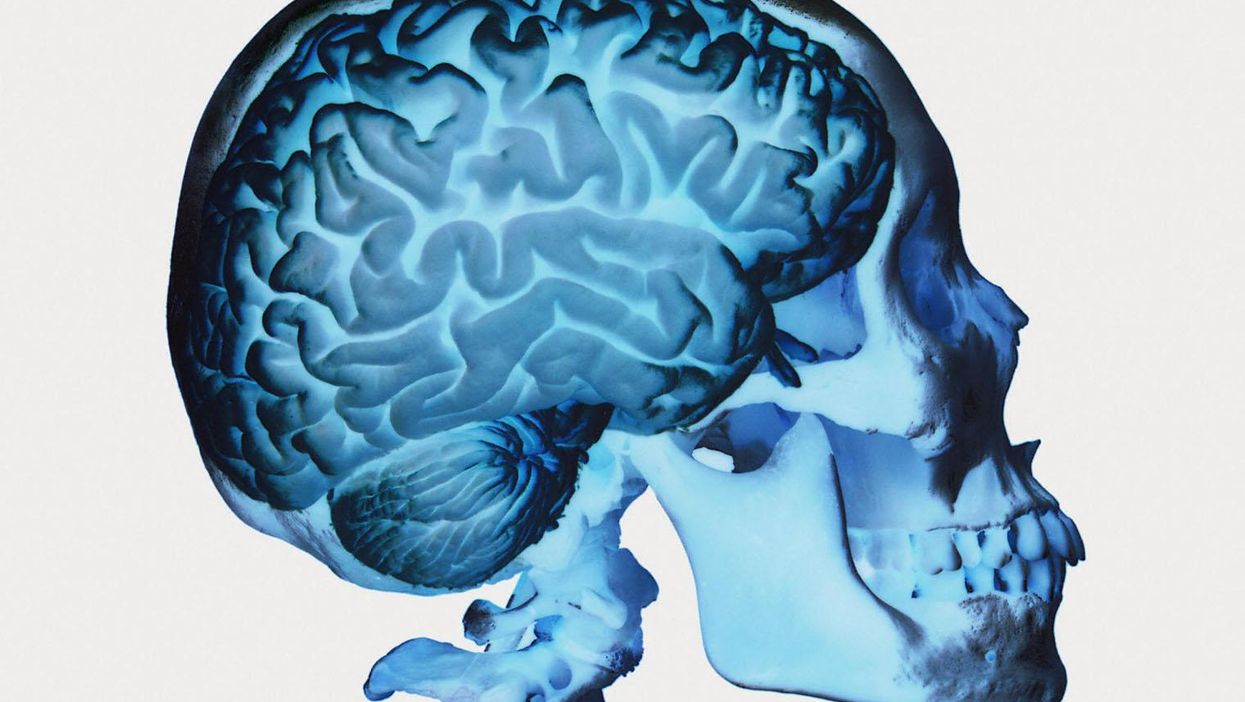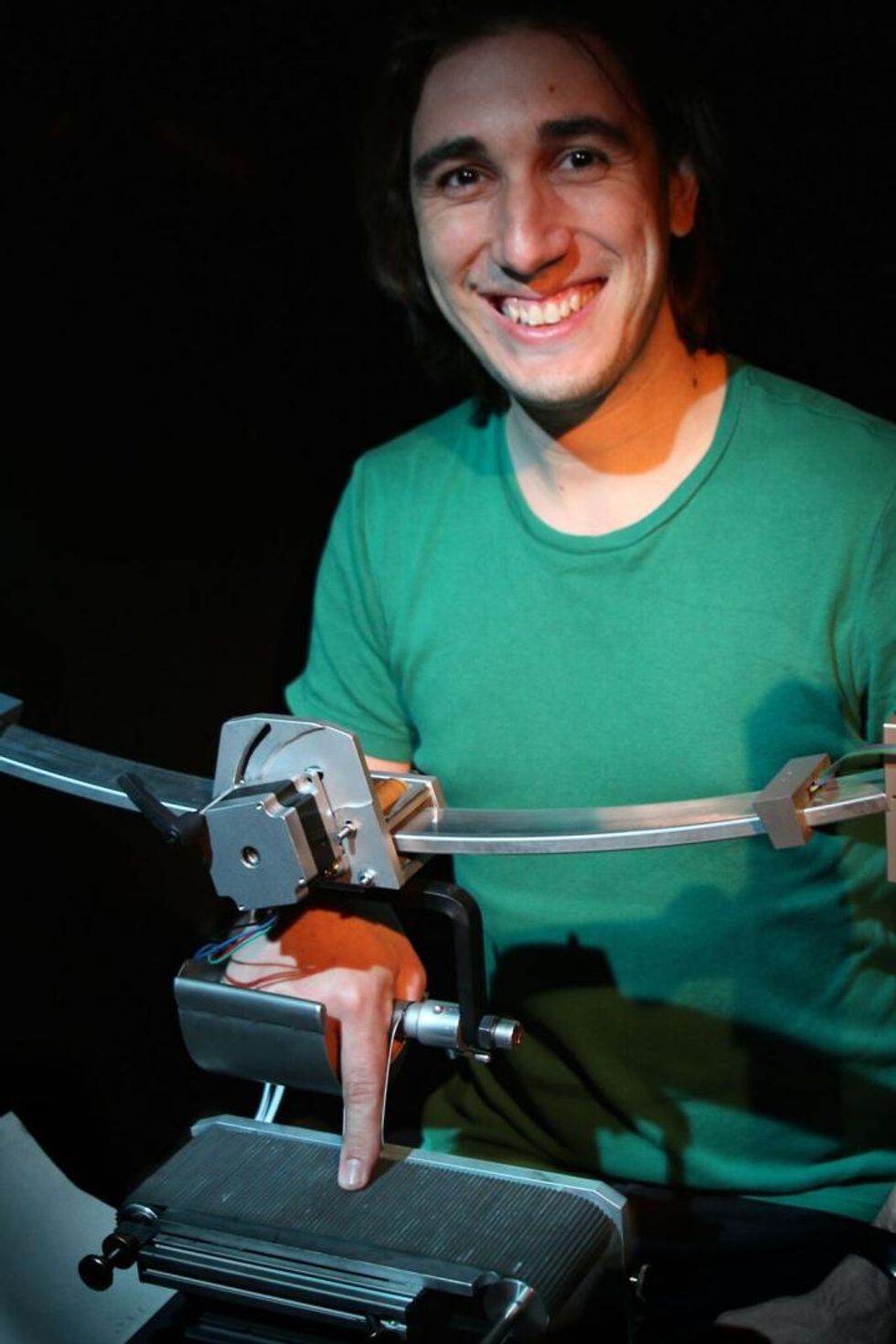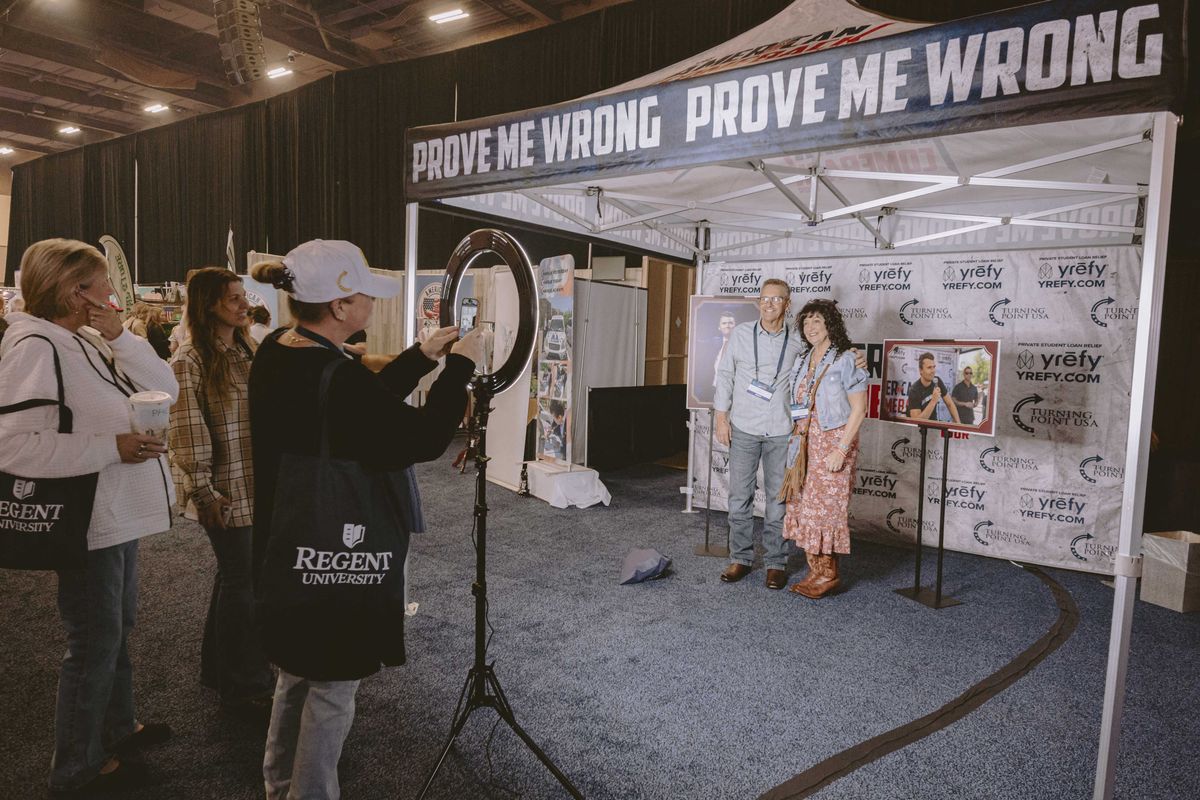News
Louis Dor
Apr 09, 2016

Picture: DAVID BARLOW/AFP/Getty Images
Researchers at Bielefeld University in Germany have found a new way to outwit our perception, the cunning so-and-so’s.
The scientists at the Cluster of Excellence Cognitive Interaction Technology, placed test subject’s fingers in an apparatus upon the surface of an elastic fabric strap.
While touching the object, the strap would tighten or loosen at random, although the position of the subjects’ finger would barely change.
The volunteers were asked to say whether they thought their finger had bent, and all were confused as to the reality of what had happened, as explained by Dr Alessandro Moscatelli:
Astonishingly, all study participants estimated their finger to be most bent when the elastic band was loose. This is apparently because the loose band has comparatively more contact area with the skin.
The key here is how much surface area of the object comes into contact with our skin. The greater the area of contact, the closer the object seems to be, and therefore, the more the finger appears to be bent.
Essentially, the fact that our fingers are fleshy and can give way to a surface can betray our brains as to whether we're touching something hard or soft, as well as to whether our finger has moved.
Dr Marc Ernst says the research could affect virtual reality technology:
In the future, this should help in developing a virtual sense of touch with which one can 'touch' things across distances, such as how a sweater or another product feels while shopping online.
The study was published in Current Biology on 7 April.
So, how's your perception? Take the quiz, below:
More: There is only one type of brain that is not fooled by this optical illusion
More: The one simple test to see if you have a healthy brain
Top 100
The Conversation (0)














Jasmine Crockett hits back at JD Vance's 'street girl persona' jibe